The Best Fertilizer For Cucumbers: Grow Juicy Delicious Cukes With These Top Picks
Cucumbers are a delicious and refreshing vegetable that can be grown in many different climates. However, in order to produce a bountiful harvest, cucumbers need the right nutrients. That's where fertilizer comes in.
The best fertilizer for cucumbers will provide them with the nutrients they need to grow strong and healthy. It will also help to promote flowering and fruiting. There are many different fertilizers on the market, so it can be difficult to know which one is right for your cucumbers.
In this blog post, we will discuss the different types of fertilizer that are available for cucumbers, as well as the best time to fertilize them. We will also recommend some of the top-rated fertilizers for cucumbers.
What are the different types of fertilizer for cucumbers?
There are two main types of fertilizer for cucumbers: organic and inorganic. Organic fertilizers are made from natural materials, such as compost, manure, and bone meal. Inorganic fertilizers are made from synthetic chemicals.
Both organic and inorganic fertilizers can be effective for cucumbers. However, organic fertilizers are generally considered to be better for the environment. They also tend to release nutrients more slowly, which can help to prevent over-fertilization.
When is the best time to fertilize cucumbers?
The best time to fertilize cucumbers is when they are actively growing. This is typically during the spring and summer months. You should fertilize your cucumbers every 2-4 weeks.
What are some of the top-rated fertilizers for cucumbers?
Here are some of the top-rated fertilizers for cucumbers:
- Down to Earth Organic Vegetable Fertilizer: This fertilizer is a good all-around choice for cucumbers. It is made from organic ingredients and has a balanced NPK ratio of 4-4-4.
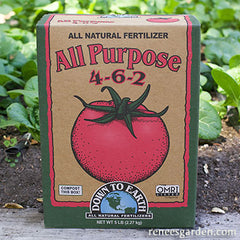
- Espoma Garden-Tone Granules: This fertilizer is another good option for cucumbers. It is made from organic ingredients and has a balanced NPK ratio of 3-4-4.
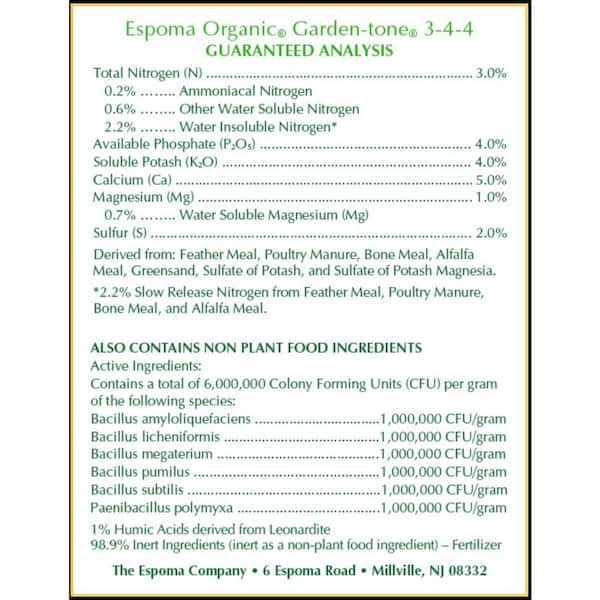
- Dr. Earth Organic 5 Tomato, Vegetable & Herb Fertilizer: This fertilizer is a good choice for cucumbers that are also being grown with tomatoes or other vegetables. It has a balanced NPK ratio of 4-6-3 and contains beneficial microbes that can help to improve soil health.

- Miracle-Gro Shake 'N Feed Tomato, Fruit & Vegetable Plant Food: This fertilizer is a good choice for cucumbers that are being grown in containers. It is a water-soluble fertilizer that is easy to apply.

How to fertilize cucumbers
To fertilize your cucumbers, simply spread the fertilizer evenly around the base of the plants. You can also mix the fertilizer into the soil before planting. Be sure to water the fertilizer in well after applying it.
Conclusion
Fertilizing your cucumbers is an important part of growing a bountiful harvest. By using the right fertilizer and fertilizing at the right time, you can help your cucumbers grow strong and healthy.
Cucumbers are a delicious and refreshing vegetable that can be grown in many different climates. However, in order to produce a bountiful harvest, they need to be fertilized regularly. The best fertilizer for cucumbers will depend on the type of soil you have, but a general rule of thumb is to use a fertilizer with a high nitrogen content.
If you're looking for more information about the best fertilizer for cucumbers, I recommend visiting Home Gardening. This website has a comprehensive guide to fertilizing cucumbers, as well as a list of the best fertilizers on the market.
FAQ of best fertilizer for cucumbers
- What is the best fertilizer for cucumbers?
Cucumbers need a fertilizer that is high in phosphorus and potassium, with moderate nitrogen. A good fertilizer for cucumbers would have an NPK ratio of 3-4-6 or 4-4-4. Some popular organic fertilizers for cucumbers include:
* Espoma Garden-Tone Organic Fertilizer
* Down to Earth Organic Vegetable Fertilizer
* Dr. Earth Organic Tomato & Vegetable Fertilizer
* Jobe's Organics Fertilizer Spikes
- When should I fertilize cucumbers?
Cucumbers should be fertilized every 3-4 weeks during the growing season. You can start fertilizing once the plants have 2-3 sets of true leaves.
- How much fertilizer should I use for cucumbers?
The amount of fertilizer you use will depend on the size of your plants and the type of fertilizer you are using. Follow the instructions on the fertilizer label to determine the correct amount to use.
- Can I over-fertilize cucumbers?
Yes, it is possible to over-fertilize cucumbers. This can lead to plant burn, stunted growth, and poor fruit production. It is important to follow the instructions on the fertilizer label and to not over-fertilize.
- What are the signs of over-fertilizing cucumbers?
The signs of over-fertilizing cucumbers include:
* Yellowing leaves
* Stunted growth
* Poor fruit production
* Plant burn
If you see any of these signs, you should stop fertilizing your cucumbers and flush the soil with water.
Image of best fertilizer for cucumbers
- Coffee grounds: Coffee grounds are a great source of nitrogen, which is essential for cucumber growth. You can simply sprinkle coffee grounds around the base of your cucumber plants, or you can make a compost tea by steeping coffee grounds in water for a few days.
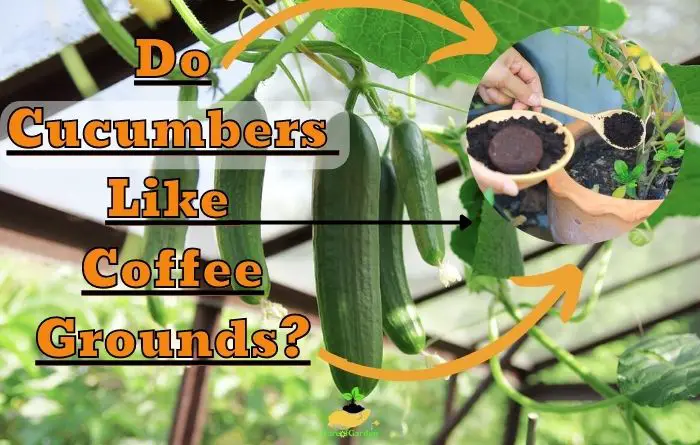
- Eggshells: Eggshells are a good source of calcium, which helps to prevent blossom end rot in cucumbers. You can crush eggshells and sprinkle them around the base of your plants, or you can make a calcium solution by steeping eggshells in water for a few days.
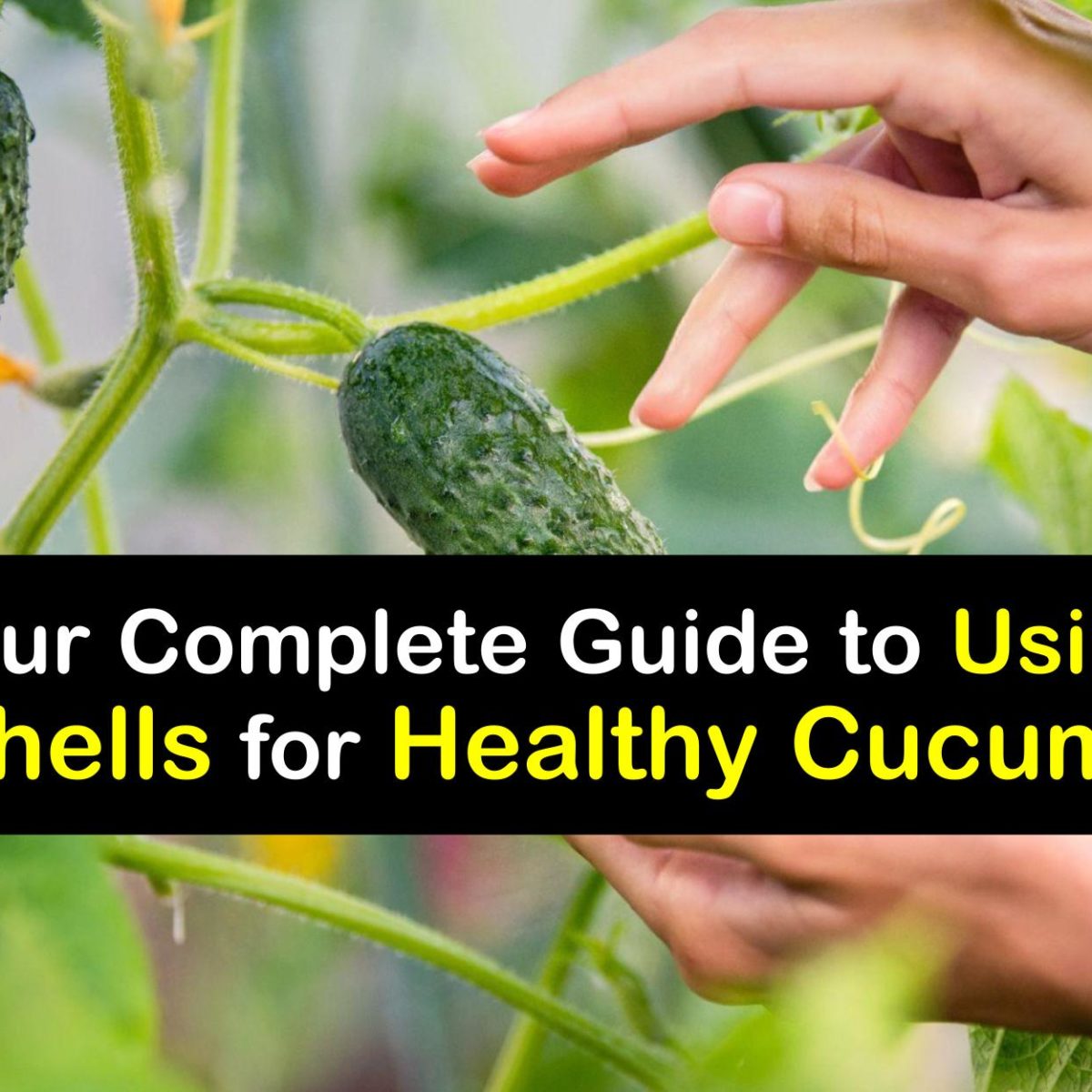
- Grass clippings: Grass clippings are a good source of nitrogen and other nutrients, and they can help to improve the drainage around your cucumber plants. Simply spread grass clippings around the base of your plants, or you can make a compost pile by adding grass clippings to other organic materials.
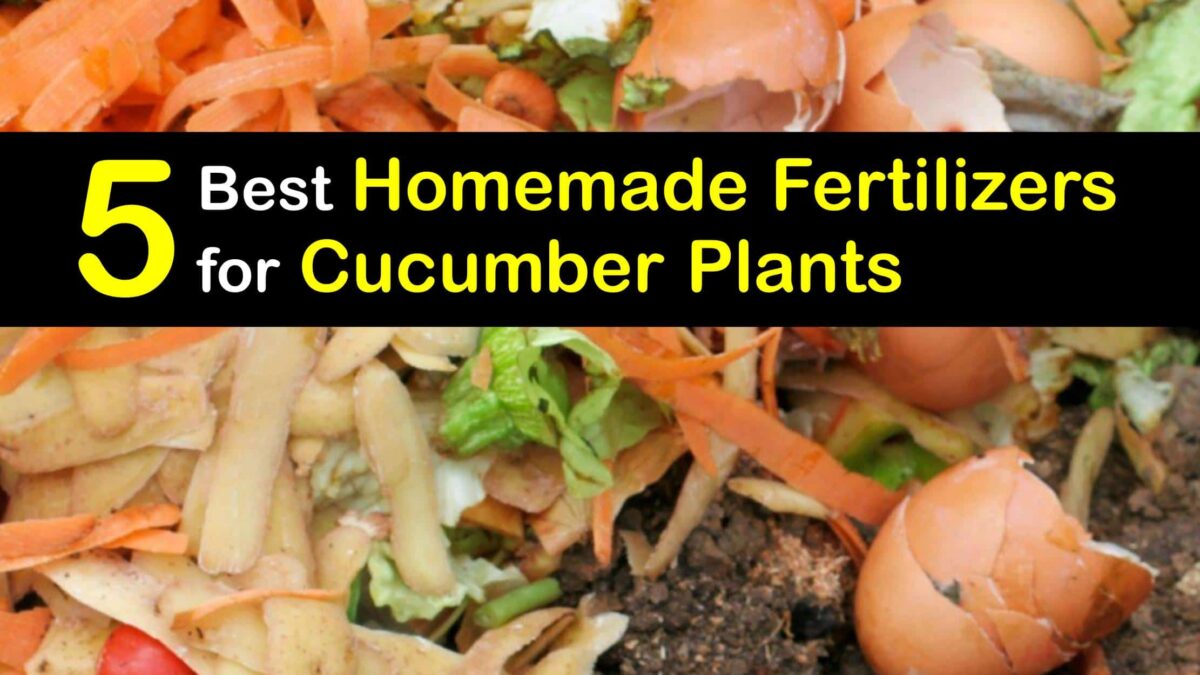
- Yard waste: Yard waste, such as leaves, twigs, and fruit scraps, can be composted and used to fertilize cucumber plants. Compost provides a balanced source of nutrients, and it also helps to improve the soil structure.
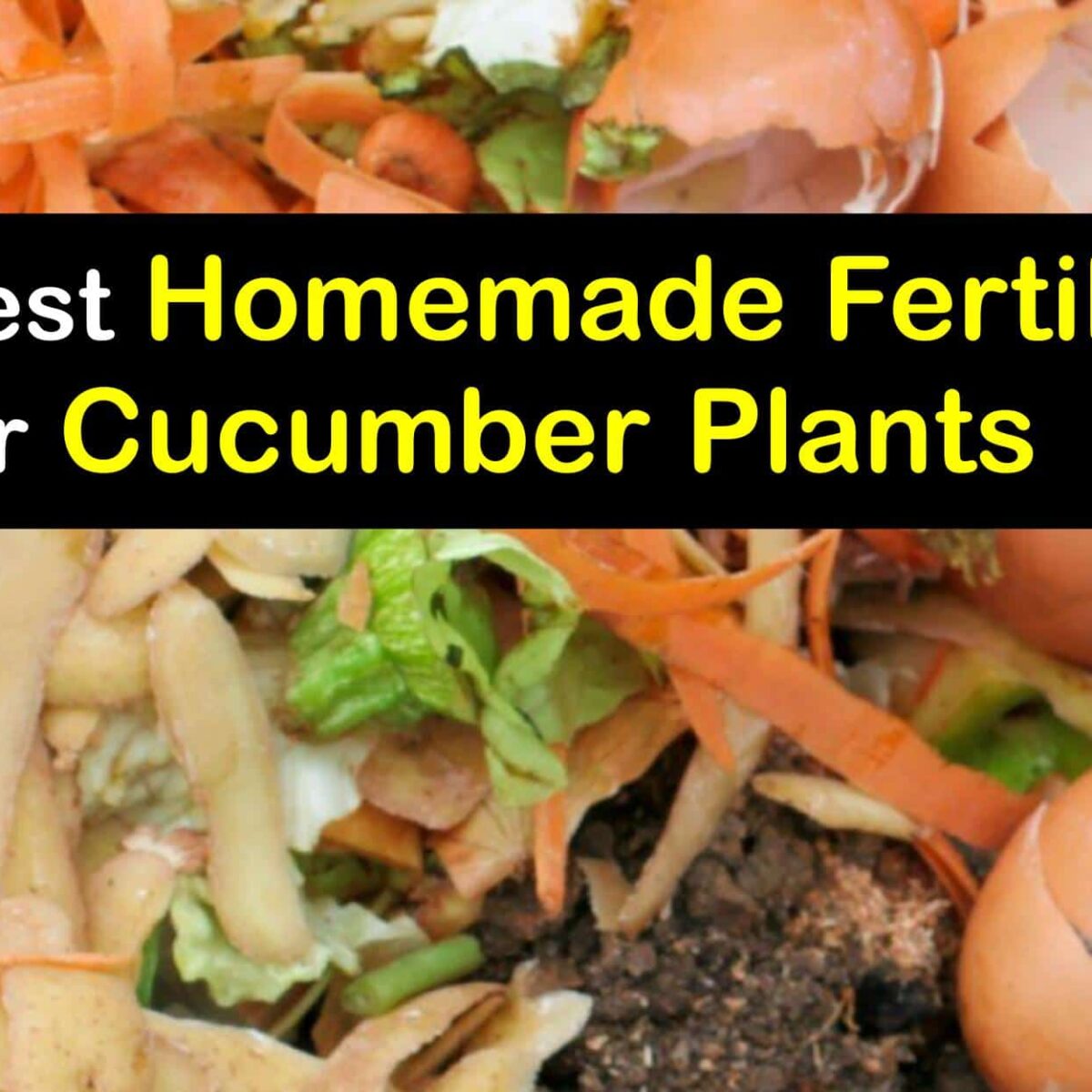
- Fish emulsion: Fish emulsion is a liquid fertilizer that is high in nitrogen and phosphorus. It is a good choice for cucumber plants that are in need of a boost.

- Kelp meal: Kelp meal is a good source of micronutrients, such as potassium, magnesium, and iron. It can help to improve the overall health of cucumber plants.

- Blood meal: Blood meal is a high-nitrogen fertilizer that is made from dried blood. It is a good choice for cucumber plants that are in need of a quick boost.
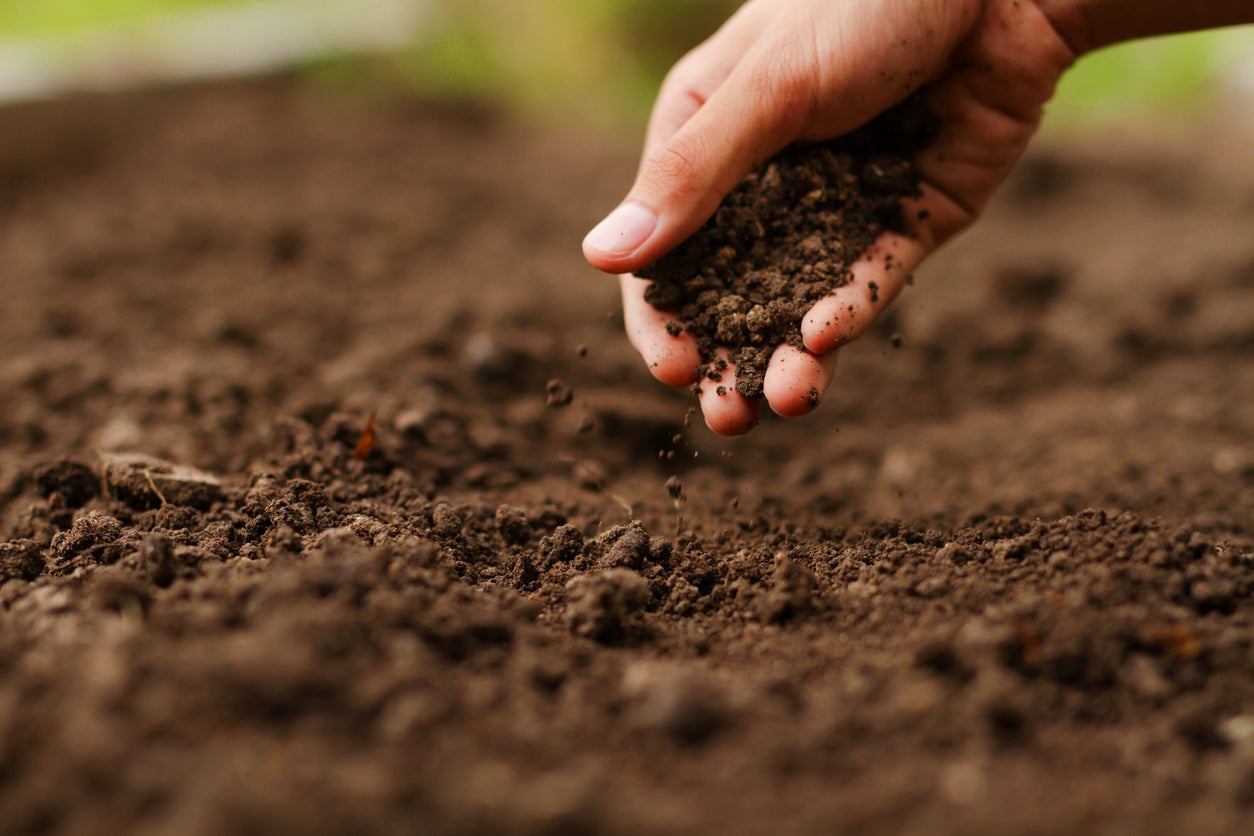
- Bone meal: Bone meal is a slow-release fertilizer that is made from ground bones. It is a good choice for cucumber plants that are being grown in poor soil.

- Wood ash: Wood ash is a good source of potassium, which is essential for cucumber growth. It is also a good source of trace minerals.
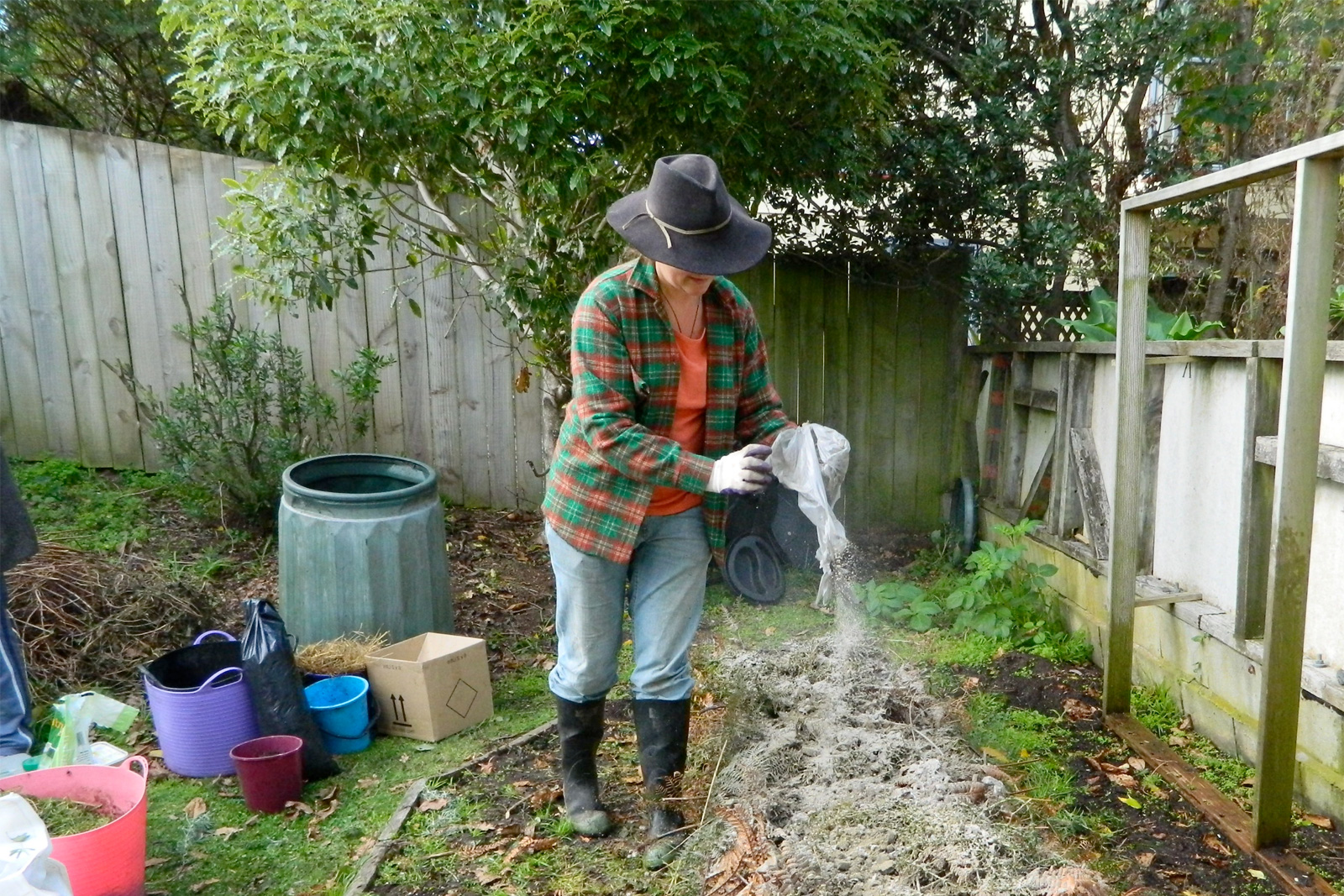
- Chicken manure: Chicken manure is a high-nitrogen fertilizer that is made from the droppings of chickens. It is a good choice for cucumber plants that are in need of a quick boost.

Post a Comment for "The Best Fertilizer For Cucumbers: Grow Juicy Delicious Cukes With These Top Picks"